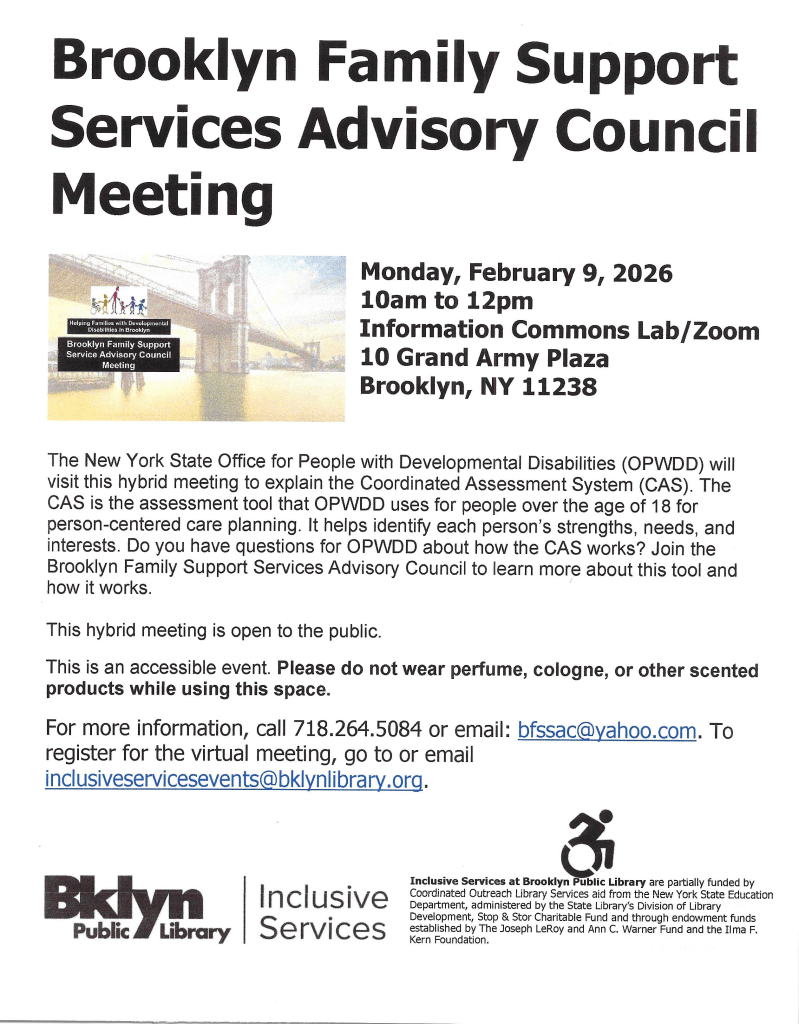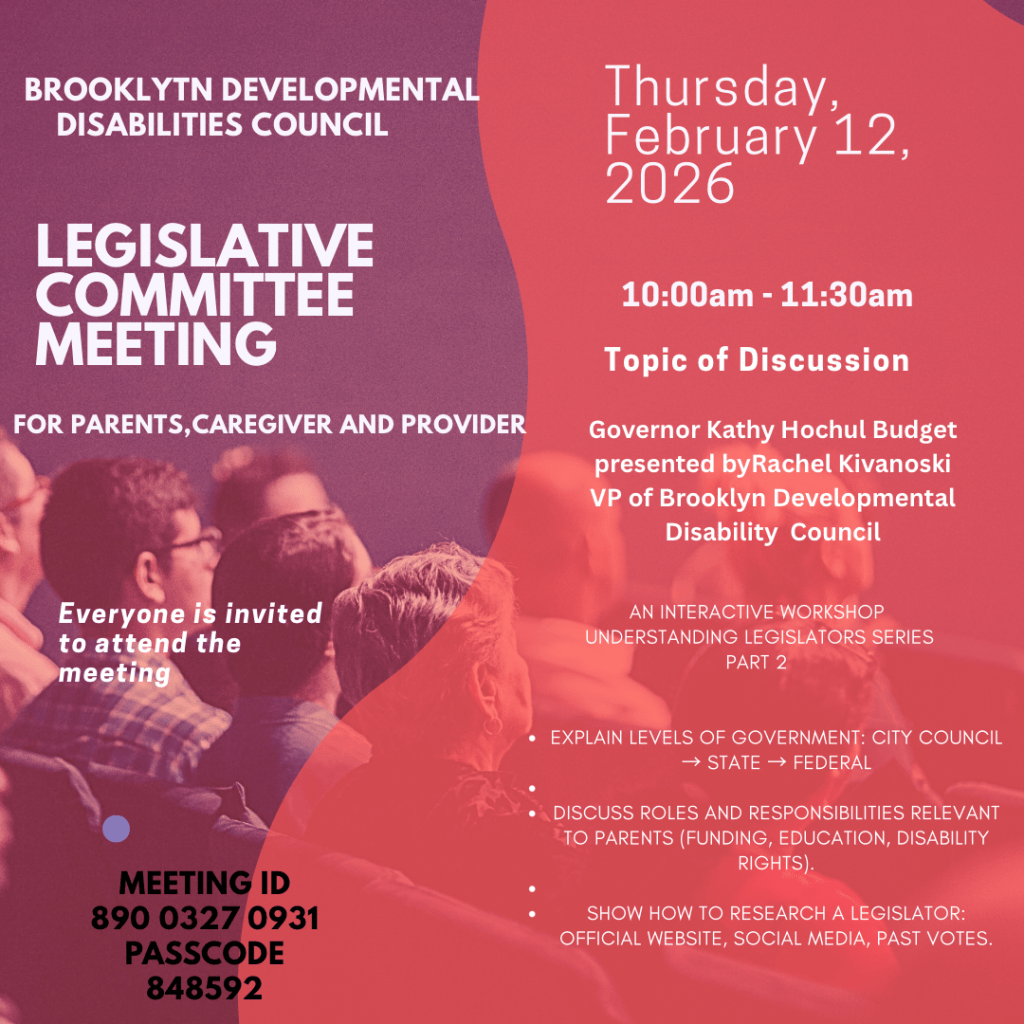PCCS is excited to share several upcoming Continuing Education Unit (CEU) opportunities being offered.
These sessions are designed to support professional growth, expand clinical knowledge, and provide practical tools you can immediately apply in your work. Please see more information below.
Trauma Informed, Culturally Attuned Disability Practice – 2 CEUs ($40.00)
This 2-hour continuing education workshop provides practical tools for delivering trauma-informed, culturally responsive, and person-centered services to disabled individuals and immigrant families in New York City. Grounded in disability justice and cultural humility, participants build skills in communication, assessment, documentation, and engagement through applied case scenarios to support equitable and responsive care across diverse communities.
 Date: Thursday, February 26, 2026
Date: Thursday, February 26, 2026
 Time: 7:00pm-9:00pm
Time: 7:00pm-9:00pm
 Location: Microsoft Teams
Location: Microsoft Teams
 Register Here
Register Here
See flyer attached.
**Please do not close page after submitting payment. Once payment is received you will be redirected to complete a Microsoft team registration form**
Click here to check out PCCS’ full list of CEU workshops.
Please feel free to share these opportunities with your networks.
If you have any questions, do not hesitate to reach out!
Person Centered Care Services, Inc. is recognized by the New York State Education Department’s State Board for Social Work as an approved provider of continuing education for licensed social workers #SW-0433.


 Date: Thursday, February 26, 2026
Date: Thursday, February 26, 2026 Time: 7:00pm-9:00pm
Time: 7:00pm-9:00pm Location: Microsoft Teams
Location: Microsoft Teams


You must be logged in to post a comment.